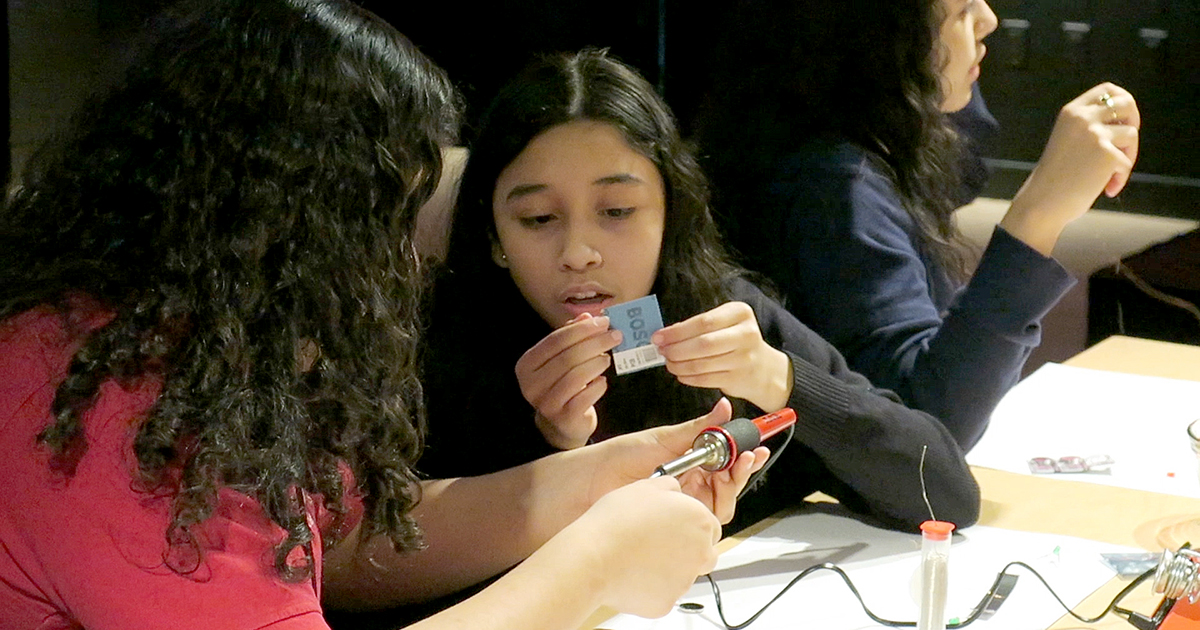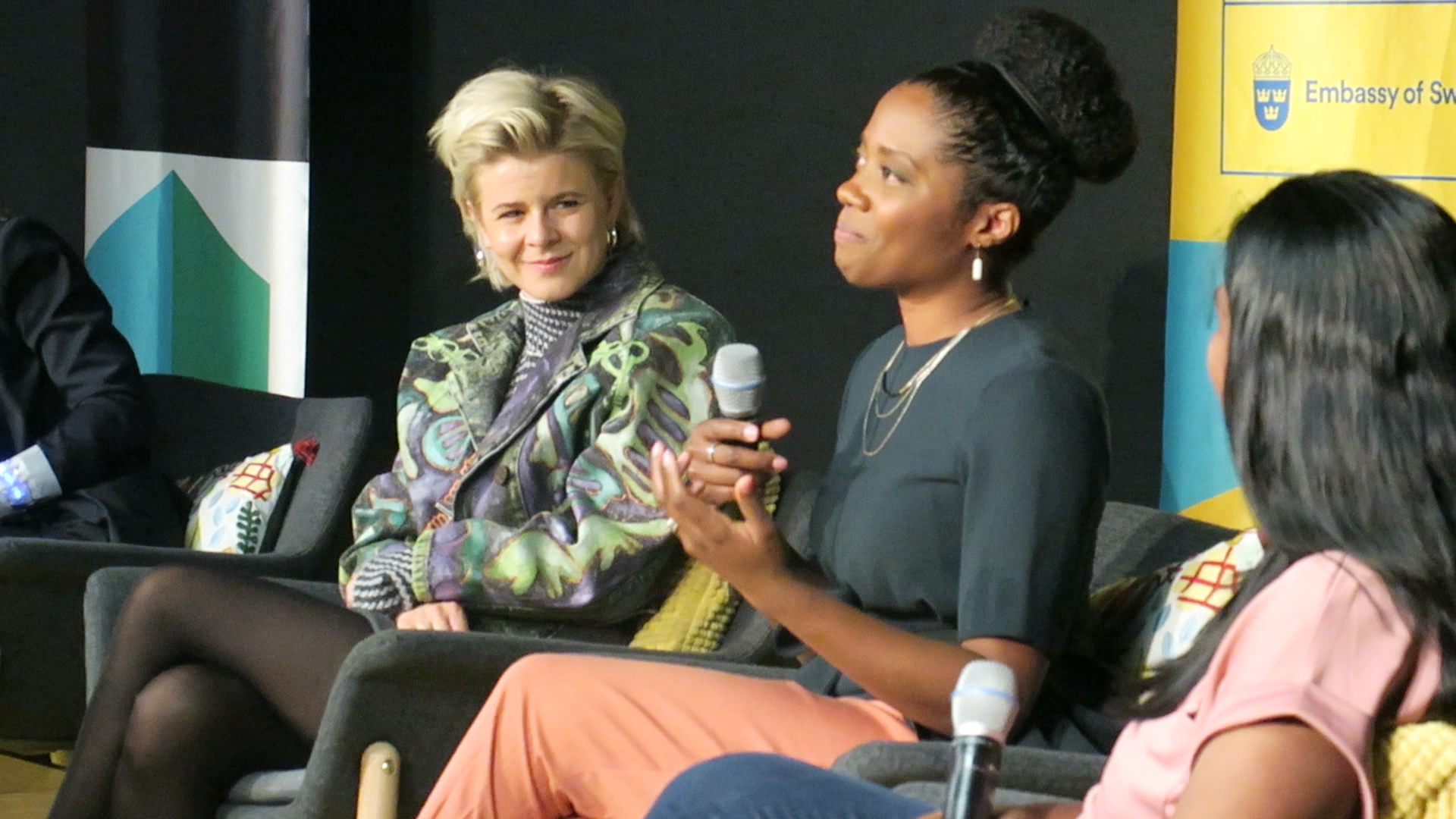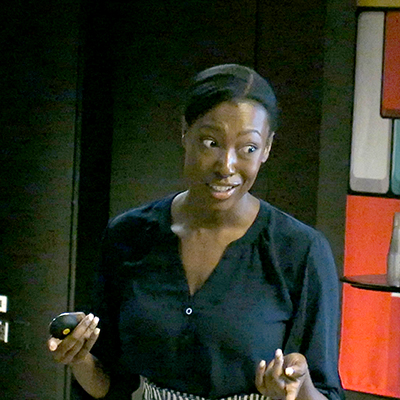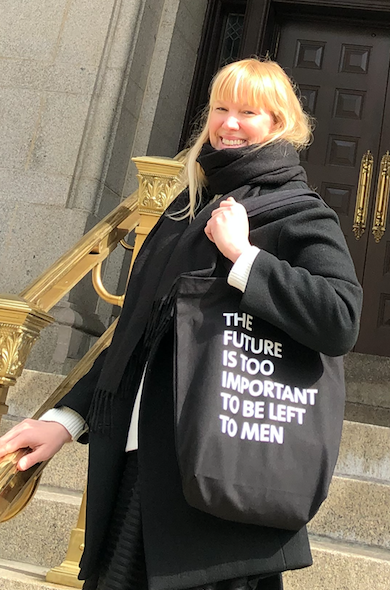Americans energized by Tekla’s empowering message

Sanna Cedergren, KTH’s project leader for Tekla Festival, has just returned from Washington, D.C., where singer and Tekla founder Robyn joined KTH and the Swedish Institute in a global launch for the popular technical festival for girls.
Nearly 30 girls, ages 11-15, were invited to participate in an afternoon of technical exploration with workshop leader Caroline Dahl of the RISE research institute in Stockholm. The girls worked with LED lighting, batteries and electronic circuits to assemble illuminating balloons and wearables.

They also listened to a motivational speaker, entrepreneur and former NASA engineer Aisha Bowe, who urged them to “out-dream yourselves daily”.
On the following day, Robyn engaged in a panel, called “Tekla Dialogue,” which focused on the subject of creating opportunities for women in science, technology, engineering and mathematics.
The Dialogue panel included representatives of Spotify, Amazon, Skanska, Accenture, Georgetown University, University of Maryland, the U.S. National Science Foundation, Bill and Melinda Gates Foundation, National Academy of Engineering and the World Bank.

Cedergren says the project is part of the Swedish Institute’s mandate to strengthen the image of Sweden abroad. “Tekla contributes with knowledge about how to inspire girls to take an interest in technology,” she says.
With the successful pilot workshop in Washington, Tekla is being packaged in a format offered by the Swedish Institute, to be arranged in other parts of the world, such as India, the Americas, China, Africa and elsewhere in Europe.
“We also want to engage international KTH alumni in the project. This autumn, the Tekla Festival will be at home at KTH's campus in Södertälje, she adds.
Mats Paulsen
